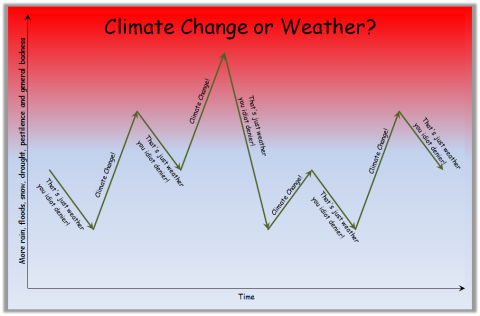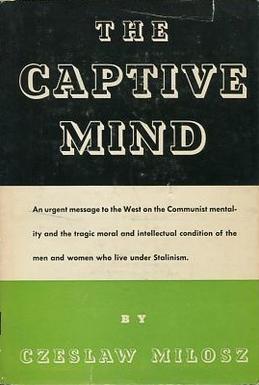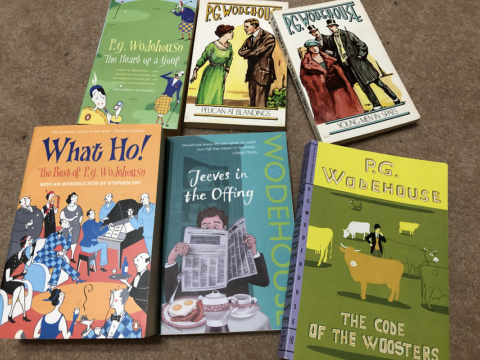Today, if you protest the current catastrophic regime and have anything that can be taken away, it is taken away, and your family are labelled racists. Tenured professors who raise any objection are disgraced. Any journalist who asserts inconvenient facts is slimed. Any public intellectual who attempts to turn the tide is sent to the margins and silenced.
Many of the current activists for native rights are relatively new to the country, and have little grasp of history other than the straight-up Marxism taught in schools. Because Canada is so thoroughly anti-business, agitating for government money is pretty much the only growth industry, and Canada’s natives are a rich fat pie that seems unending in its ability to feed the bureaucracy and the advocacy outfits – there are hundreds – that seek more and more and more guilt money from the Canadian people.
Not one of them seemingly ventures into a native reserve to experience the results of fifty years of Trudeau Sr’s native policy and talks to the people there. Of the 700 or so Indian “nations” — this moniker a laughably Marxist ploy in itself — few of them even have vegetables. I have spent nights on a reserve up in the north where stodge is the only food. Potatoes fired in oil that has been in use for weeks. Gristly meat. Stale Wonderbread. Recently $8 billion was given to natives because despite the budgeted $200 Billion over five years given to Indian Affairs, in a country with more water than any other country on earth times ten, Indian reserves have no clean water.
Stories are told in my family, of Mohawk camping on the kitchen floor, leaving in full dress and full war cry in order to thrill the children. We have lost this connection to a great and fascinating people, marooned on rotting reserves, a crime caused by a vicious socialist government using vulnerable people to steal the nation’s wealth.
I have been on a reserve where the houses are rotting from the inside. Everyone is sick with mold illnesses. Because Canada’s socialists have deemed that natives have no property rights and are therefore not, in fact, fully people, they can’t even legally fix their own houses, not that they have any money but from whoring and working as check-out clerks. You cannot start a business. You have no equity to borrow even $1,000 to start a business. Canada’s socialists have decided that Canada’s natives are the ideal citizenry, passive, dependent, degraded.
Other reserves I’ve visited abut enormous wealth, from which Indians are constrained. Every activity they undertake requires a permission slip and money from whatever sleazy bureaucrat supervises them, owns them, farms them. Their reserves run to brush and fire fodder, while across the road, fields and forests produce incredible riches.
It is de rigueur for any visiting dignitary, like the current Marxist pope, to apologize for the legacy of the residential schools. Two summers ago a graduate student found what she claimed was evidence of 200 buried bodies near a decommissioned school and the news rocketed around the world. Her science was called into question. The native tribe near the school refused to exhume the “bodies”, largely because if the bodies did not exist, and finding nothing would stop the current shake-down. The actual legacy of the schools was mixed, but entire generations were educated, and there are many successful graduates, who attempt to moderate the madness. They are silenced.
Crime, alcoholism, prostitution, murders, child deaths abound on the reserves. Activists have seeded so much anger and hatred that virtually no clear path out of endemic poverty exists. An ersatz democracy means there are elections, but they are clan based, which means the biggest clan always wins and then it seeks to disempower its rivals. On reserves you can tell who the Chief is: he has the big house, the $100,000 truck. His people? Rotting shacks and bangers. If you aren’t in the right clan, you have to hitchhike to the city for cancer treatments, as the uncle of a Salish friend of mine did until he died.
There is, of course, a solution. I have spoken to native chiefs in the Oil Sands and in Alaska’s Prudhoe Bay, where the tribe or band has been woven into the oil extraction process. Success is immediate, and ongoing. These men are so enthusiastic, they are giddy, which, if you know a native, is … unusual. They crow about the young people on their reserves that go on to serious graduate degrees, to hope, to family formation, to their own houses. There are such success stories across the continent, depending on an enlightened chief, a non-vulture enlightened capitalist enterprise. And courage to face down the blight of government.














